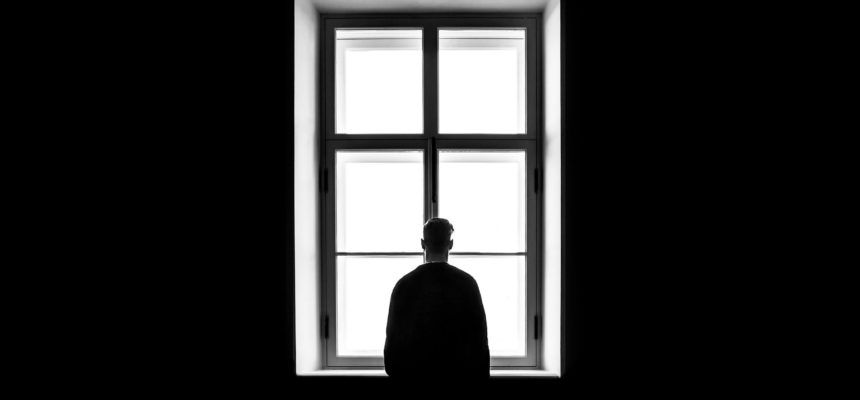
Drugs and Depression: What to Know
It can be hard to know if you have depression—is it just a bad day, or several? Do your moods shift quickly, or are they hard to control? Depression looks different from person to person, and many factors can affect that mind-body balance. For some, depression can be overwhelming. Numbing those frequent and stressful emotions can lead to substance abuse.
If you or someone you love is looking for information about opioid addiction treatment and depression, we have the information you need.
What Are the Effects of Depression?
For a broken leg or itchy rash, you need to know the cause before you can treat the symptoms. The same is true for drugs and depression. Since depression can manifest differently for different people, it is important to not only monitor yourself, even keeping a journal to track moods and emotions, but to seek out professional help. A doctor can help you better distinguish between normal anxiety and something needing more attention.
Common effects of clinical depression are lack of energy, difficulty sleeping or staying asleep, loss or change in appetite, loss of interest in activities, inability to concentrate or focus, feelings of guilt or despair, and, possibly, suicidal thoughts. Many who suffer from depression look to outside relief, often in alcohol or drugs, and this can further exacerbate the effects.
While these may seem like obvious signs, it is easy to explain away many of these problems as a bad day at work or stress with family. For many, these feelings or issues come and go and aren’t life-altering, but, for others, they are a serious mental disability, with serious consequences for relationships at work and home and with daily life.
Why Is Drug Addiction Common with Depression?
Depression can be … well … depressing. It can cause difficulties at work and with coworkers and at home with family, and more severe cases can result in suicidal thoughts. Many sufferers of mental health disorders such as depression and anxiety look to substances to help ease the pain of day-to-day anxiety or pain, and this can lead to a substance dependency, drug abuse, and addiction. Whether the addiction is to alcohol, drugs, sex, or gambling, the effect is the same— temporary relief for a bigger problem.
Depression is also more than just a mental disorder; it affects the immune system, as well. This makes those with depression more likely to have chronic disease and inflammation, which leads to more substance abuse to handle the pain. This dangerous cycle is incredibly common, but it can be reversed with the help of trained professionals who know how to treat both addiction AND depression.
When Is It Time to Seek Help?
Since depression can lead to substance abuse, and substance abuse can lead to depression, it may be hard to separate the two and see what’s really going on. While it’s always good to regularly check in with yourself and loved ones, there are some clear distinctions that may help you know when it’s time to see a professional.
Ask yourself questions like:
- How long have I felt this way? Hours? Days straight?
- How often do I feel this way? Daily? Once a month?
- Does anything make me feel better, other than a chemical substance—like talking to a friend or going for a walk?
- Do my feelings interfere with work or other activities? Do they interfere with my relationships at work and at home?
If you find that your answers lean toward a pattern of long-term symptoms, then it’s time to see a professional. Yellowstone Recovery can help you determine what steps you need to take to solve your depression and substance abuse, and are there to help every step of the way. Visit Yellowstone Recovery online or call us at 1-888-418-4188 and get on track to be depression and substance abuse free.








